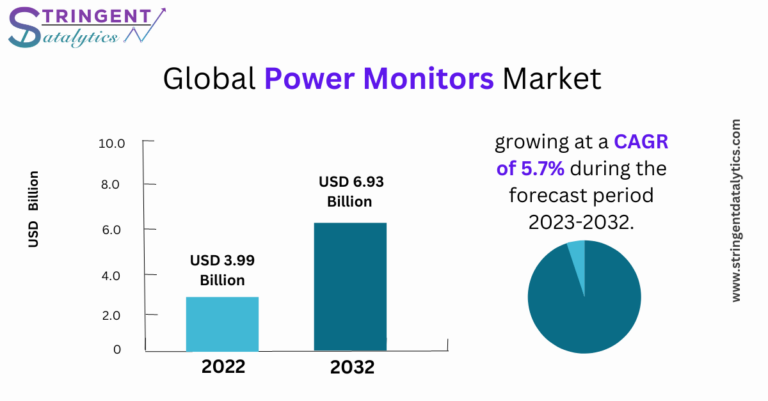
The Future of E-Commerce: Trends and Predictions
The world of e-commerce is constantly evolving. As technology advances and consumer preferences change, businesses operating online must adapt to stay competitive. In this blog post, we will explore some of the key trends and predictions for the future of e-commerce.
- Mobile Commerce (M-Commerce) Dominance
Mobile devices have already revolutionized e-commerce, and this trend is set to continue. With the increasing use of smartphones and tablets, more consumers are shopping on mobile devices. Retailers are investing in responsive websites and mobile apps to provide a seamless shopping experience on smaller screens. Additionally, mobile payment options like Apple Pay and Google Wallet are becoming increasingly popular.
- Personalization and AI
Artificial intelligence (AI) is playing a significant role in e-commerce. Machine learning algorithms are used to analyze customer data and provide personalized product recommendations. This not only enhances the customer experience but also increases sales and customer loyalty. Chatbots and virtual shopping assistants are also becoming more sophisticated, providing immediate assistance to customers 24/7.
- Augmented Reality (AR) and Virtual Reality (VR)
AR and VR technologies are making inroads into e-commerce, particularly in industries like fashion and home decor. Customers can now visualize how products will look in their homes or on themselves, making it easier to make purchasing decisions. This immersive experience will likely become more prevalent in the future.
- Sustainable and Ethical E-Commerce
Consumers are increasingly concerned about the environmental and ethical impacts of their purchases. Businesses that adopt sustainable practices and transparent supply chains are likely to attract more customers. We can expect to see more e-commerce platforms and brands emphasizing their commitment to sustainability.
- Voice Commerce
Voice-activated devices like Amazon Echo and Google Home have made it easier for consumers to shop using only their voice. As these devices become more integrated into our daily lives, voice commerce is expected to grow. Businesses will need to optimize their product listings and marketing strategies for voice search.
- Social Commerce
Social media platforms are not just for connecting with friends anymore; they have become powerful e-commerce tools. Instagram, Facebook, and Pinterest, for example, allow businesses to showcase and sell products directly to their followers. As social commerce continues to grow, businesses will focus more on building and engaging their social media audiences.
- Same-Day and Drone Deliveries
The need for fast shipping is driving innovation in delivery methods. Same-day and even one-hour delivery options are becoming more common in urban areas. Drone deliveries are also on the horizon, promising even faster and more efficient shipping.
- Subscription Models
Subscription-based e-commerce models, where customers receive products on a regular basis, have gained popularity. These models offer convenience and predictability for both consumers and businesses. More industries are likely to explore subscription options in the future.
- Global Expansion
The internet has made it easier for businesses to reach a global audience. Cross-border e-commerce is expected to increase as businesses seek new markets and consumers look for unique products from around the world. Expanding internationally will require a deep understanding of local markets and regulations.
- Data Security and Privacy
As e-commerce continues to grow, the importance of data security and customer privacy will remain paramount. Customers need to trust that their personal and financial information is safe when making online purchases. Businesses must invest in robust cybersecurity measures and adhere to data protection regulations.
In conclusion, the future of e-commerce is exciting and filled with opportunities for businesses that are willing to adapt and innovate. By staying ahead of these trends and predictions, e-commerce companies can thrive in the evolving digital marketplace. Whether it’s through mobile commerce, AI, AR, or sustainable practices, the e-commerce landscape is poised for significant growth and transformation. As a business owner, keeping an eye on these trends and being prepared to embrace change will be key to success in the years to come.
The future of e-commerce is an ever-evolving landscape, and businesses that can adapt to these trends and predictions will be well-positioned for success in the digital marketplace.



